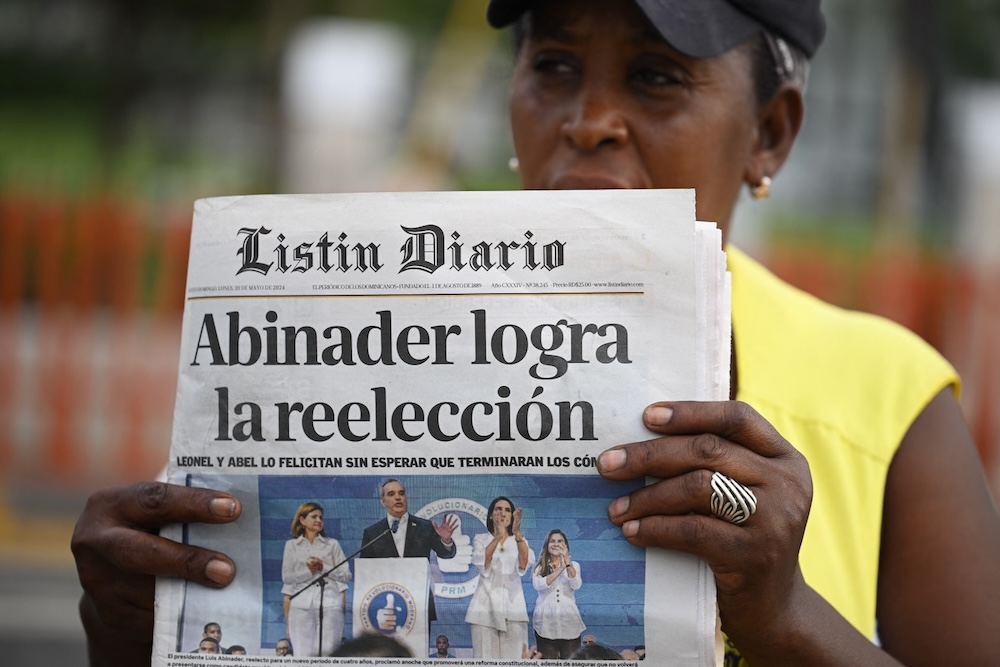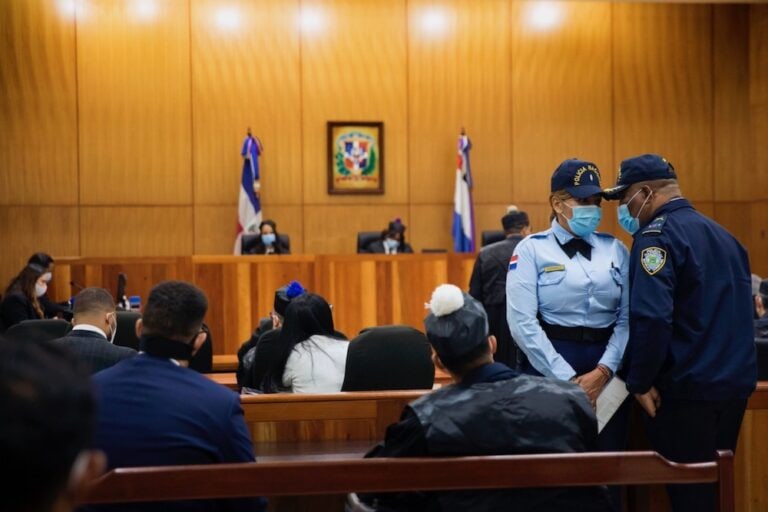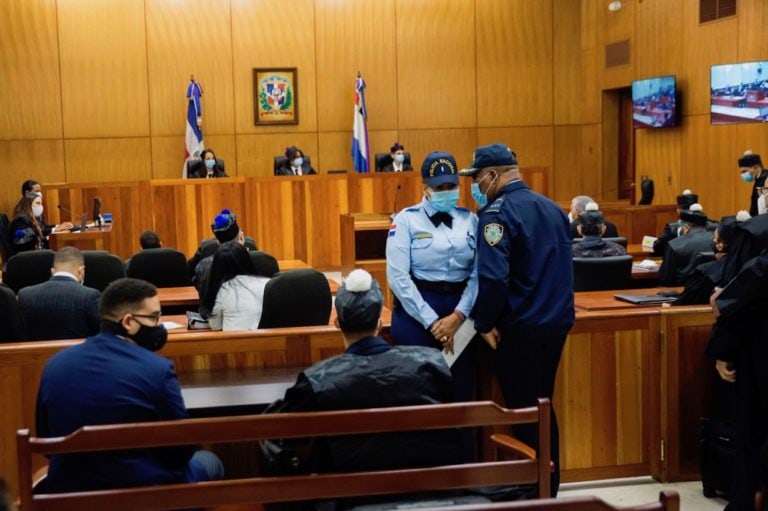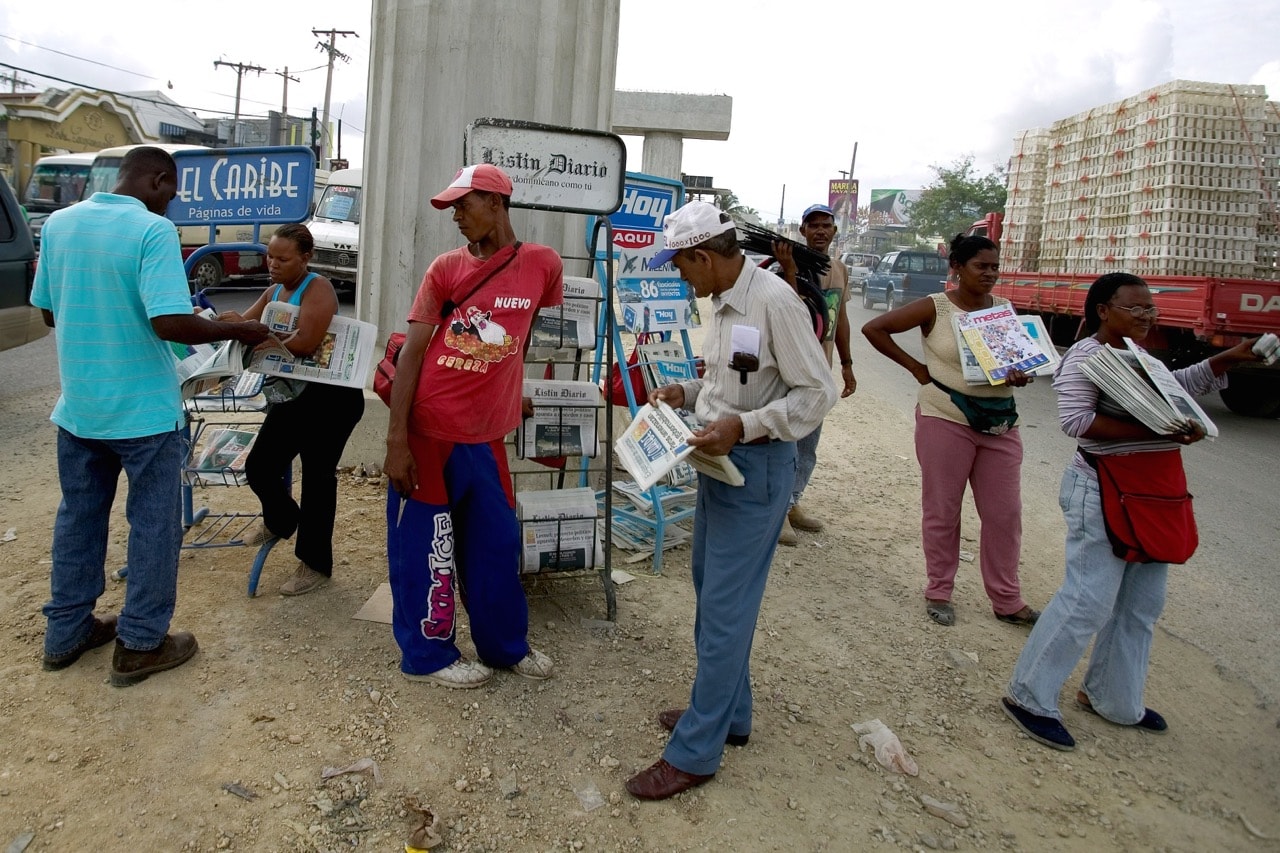The Inter American Press Association (IAPA) expresses deep concern over a threat of digital censorship affecting the newspaper Listín Diario in the Dominican Republic, apparently in retaliation for publishing information of public interest related to a judicial case involving alleged corruption.
This statement was originally published on en.sipiapa.org on 15 May 2025.
The Inter American Press Association (IAPA) expresses deep concern over a threat of digital censorship affecting the newspaper Listín Diario in the Dominican Republic, apparently in retaliation for publishing information of public interest related to a judicial case involving alleged corruption.
According to the newspaper itself, the company Network Solutions, which operates the platform hosting its digital domain, issued an ultimatum demanding the removal, within 48 hours, of a news article published on March 22, 2024.
The article in question reported on the admission of charges by Lisandro José Macarrulla Martínez, within the framework of the Medusa case, an investigation into alleged administrative corruption between 2016 and 2020 that has received extensive coverage by the national press.
The warning from Network Solutions to Listín Diario states that, if the content is not removed, the hosting service will be suspended, based on an alleged violation of its terms of use. Faced with this threat, the newspaper began the process of migrating to another provider to preserve its informational archive.
José Roberto Dutriz, president of IAPA, CEO, and general director of La Prensa Gráfica in El Salvador, stated that “such pressures constitute a growing risk to the free exercise of journalism and can lead to forms of self-censorship motivated by fear of reprisals.”
Martha Ramos, president of IAPA’s Committee on Freedom of the Press and Information, and editorial director of Organización Editorial Mexicana (OEM), warned that “it is concerning that private companies can act as indirect mechanisms of censorship, removing legitimate content under pressure from particular interests. These situations recall patterns we have already seen in countries with severe restrictions on press freedom.”
Both IAPA executives recalled that Principle 10 of the Declaration of Salta II Principles of Freedom of Expression in the Digital Age establishes that: ” The suppression or de-indexing of information on matters of public interest undermines the citizens’ right to be informed and preserve collective memory.”



